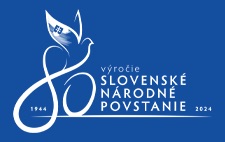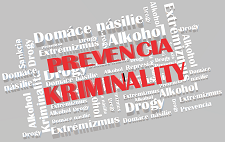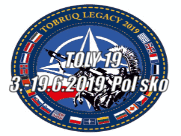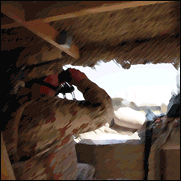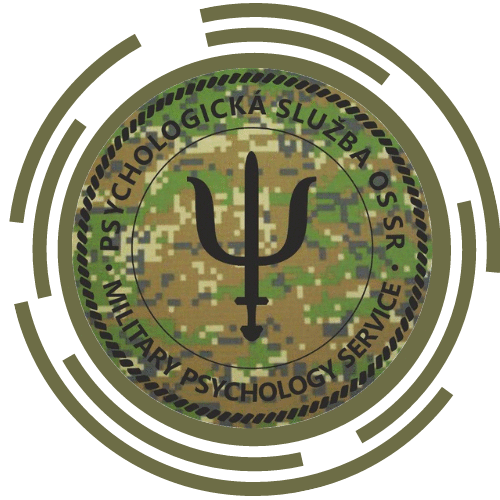Main tasks
The 5th Special Forces Regiment is a unique tool of the Armed Forces of the Slovak Republic. 5th SFR is capable of conducting special operations with an emphasis on unconventional combat activity in a hostile, inaccessible or politically sensitive environment in the entire spectrum of conflict to achieve strategic and operational effects in a diplomatic, information, military or economic fields. What is more, it provides capabilities to combat terrorism outside the territory of the Slovak Republic for the political leadership of the state.
The main tasks of the 5th Special Forces Regiment are:
• Unconventional Warfare - UW
• Military Assistance - MA
• Special Reconnaissance - SR
• Direct Action - DA
• Counter Terrorism – CT
Unconventional Warfare (UW) is an activity carried out with the aim of supporting a resistance or insurrection movement. The military, political or economic aim of which is exerting coercion and subverting or overthrowing the government or occupying power with, or through, an underground resistance movement, an auxiliary force or guerrilla movement in an inaccessible area. UW is the main organizational principle of building Special Forces capabilities within Special Operations Forces (SOF). UW capabilities provide ways and a set of skills with which all other SOF missions can be completed. This capability is the main contribution of the SOF to the defense of the territory of the Slovak Republic in an event of being dominated by a foreign power.
Military assistance (MA) is a broad category of measures and activities conducted by SOF to support, enable, and influence critical friendly assets through training, advising, mentoring, partnering, or the conduct of combined and other operations. MA operations are often executed to increase the level of technical abilities and proficiencies of a partner to help them achieve a certain goal. The planned, agreed or expected timelines of these operations can be significantly affected by indigenous cultural and governmental interests that differ from NATOs. The range of MA includes, but is not limited to, development and improvement, direct support of local security forces; military engagement and interaction with non-military actors such as local, regional, and national leadership, ministries or organizations; and actions to support and influence local populations or agencies.
Special reconnaissance (SR) concerns reconnaissance and surveillance activities conducted as a special operation in, but not limited to, hostile, denied, or diplomatically or politically sensitive environments to collect or verify information of strategic or operational significance, led by SOF using distinct techniques and modes of employment. SR is used to collect commander's Priority Intelligence |Requirements (PIR)s by employing unique capabilities. As part of the Allied theatre intelligence (INT) collection process, SR provides specific, well-defined, and possibly time-sensitive information. SR is also used to gain situational awareness before, during and after operations. It may complement other collection methods where constraints are imposed by weather, terrain-masking, hostile countermeasures, or other systems’ availability. SR can place persistent “eyes on target” in a hostile, denied, or politically sensitive environment for which SOF can provide timely information by using their judgment and initiative in a way that technical Joint Intelligence, Surveillance and Reconnaissance (JISR) cannot.
Direct action (DA) is a short-duration strike or other small scale offensive action by SOF to seize, destroy, capture, recover, or inflict damage to achieve specific, well-defined and often time-sensitive results. DA differs from conventional offensive operations in the level of risk, techniques employed, and the degree of precision utilized to create a specific effect and usually incorporates a planned withdrawal from the immediate objective area. DA is focused on specific, well-defined targets of strategic and operational significance, or in the conduct of decisive tactical operations.
Counter Terrorism (CT). Terrorism is the unlawful use of violence or the threat of violence, often motivated by religious, political or ideological motives to induce fear and pressure on the government or society to achieve usually political goals. Counter-terrorism activities are activities and operations to neutralise terrorists and their organisations and networks so that they are unable to use violence or achieve their goals. SOF have the capability to conduct these operations in an environment that may be inaccessible to conventional forces due to political constraints or the nature of the threat.




